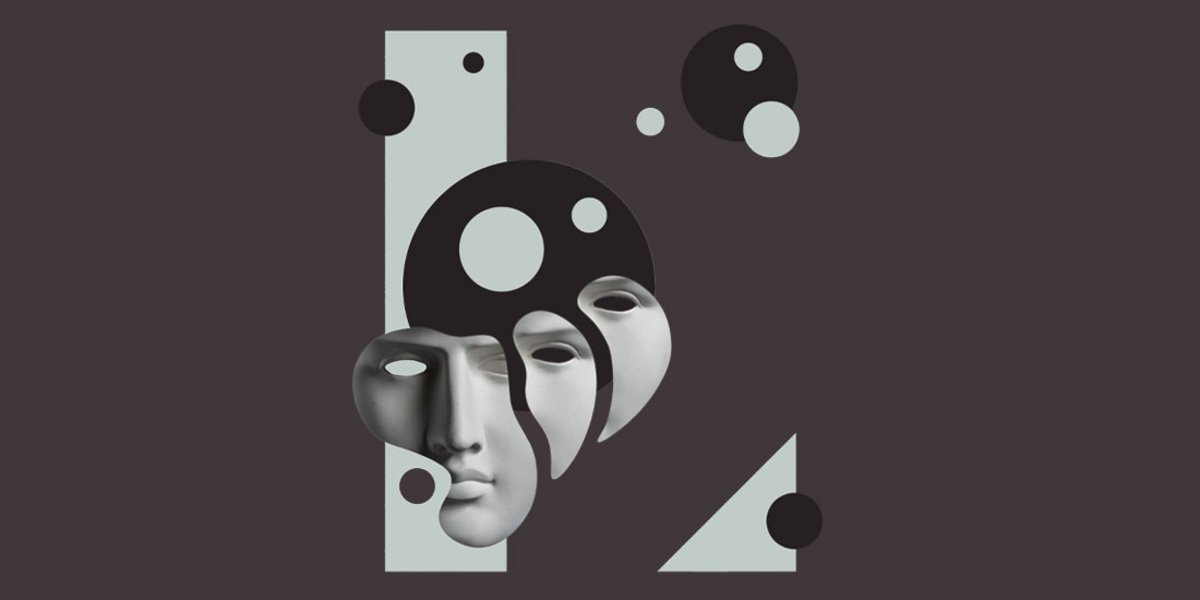The border is sometimes tenuous and the amalgam is very quickly made. Better to know what the differences are between coaches and psychologists.
If you have arrived at this article, it is probably not by chance, it is because you are wondering how to choose between a psychologist or a coach. You don't know whether you need a coach or a psychologist to help you resolve your difficulties... How I understand you!
People have an unfortunate tendency to make comparisons between the role of a psychologist and that of a coach. They are, however, totally different professions which, although they are both aimed at a public in demand, have a very specific way of proceeding and which do not interfere with each other.
Who is the psychologist?
First and foremost they are part of the medical professional, whose job it is to understand the emotional nature of their patients, as well as their psychological functioning in the face of various stressful situations.
The psychologist pushes their patient to seek the causes of their illness within themselves, by means of a cleverly aroused introspection. The idea is that the psychologist doesn't offer anything. He makes people talk, he listens so that the solution is found by whoever has come to ask for his help.
It is necessary to consult him in serious cases of profound imbalance or in the case of proven ill-being.
Who is the coach?
He has a role of teacher and adviser, he suggests, explains, directs, guides and influences his client in a certain way (we did not say patient!). He never intervenes in a medical process for which he has no skills or knowledge.
His functions are extensive, because his "job" has grown incredibly in recent years.
With the development of social networks, we hear people talking more and more about coaches, for fashion, fitness, nutrition, personal development, cooking etc. They are specialists in their field who distill ideas, who learn and who try to instill their knowledge by admitting that they really have it. This last thought is because anyone can present themselves as a coach and separating the chaff from the wheat is therefore not easy.
To come back to the question asked in the title of this article, the answer is clear, because we must make the distinction between the patient who is a patient and the client who is a client.
The 2 functions are diametrically opposed and do not concern the same people. Psychological suffering cannot be compared to a simple desire to learn something.
We hope to have been able to clarify the ideas developed on these 2 professions which do not always seem to be well understood for what they are. But, the usefulness of the psychologist and the coach are very real, if those who practice them are professionals with real knowledge and real know-how.








